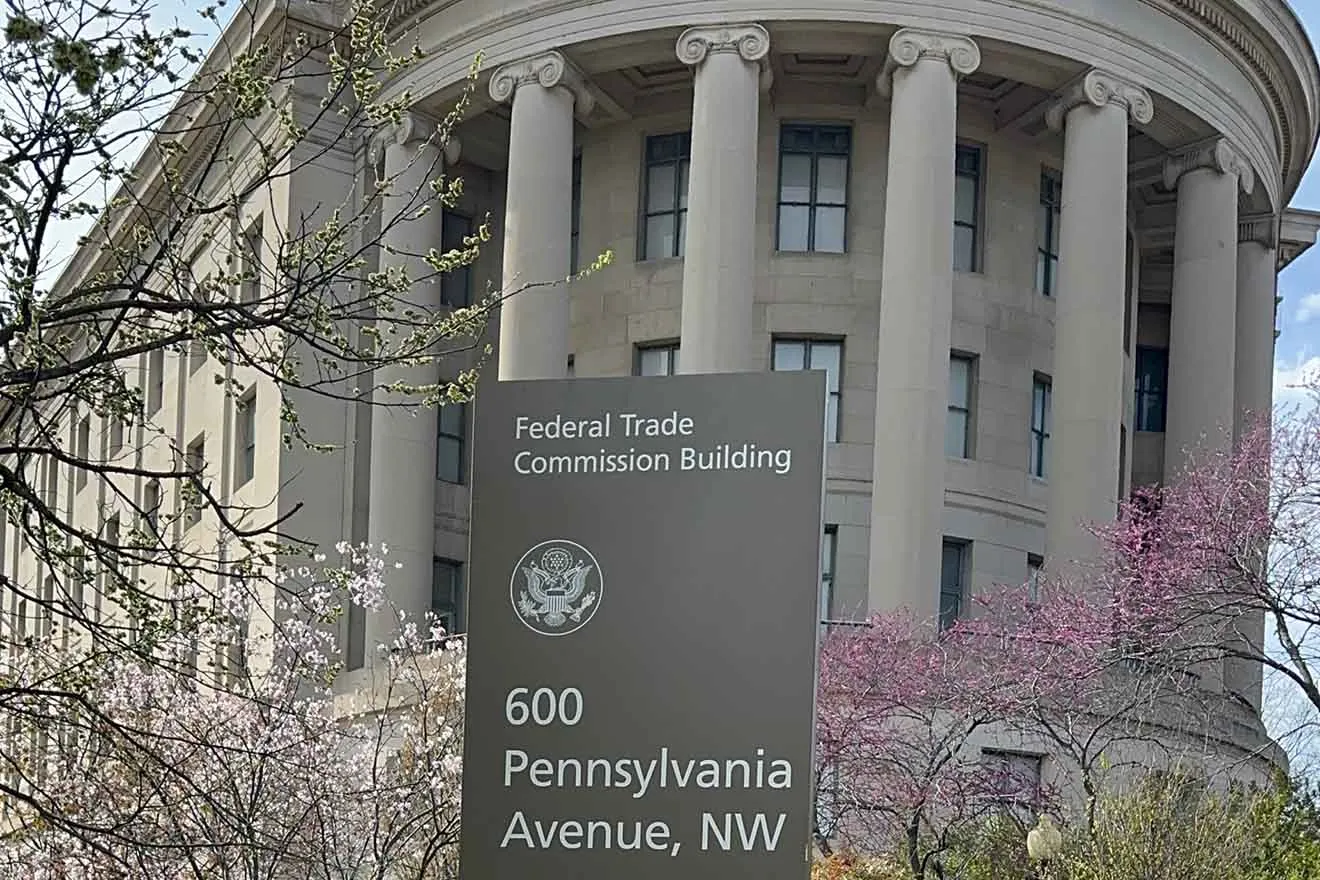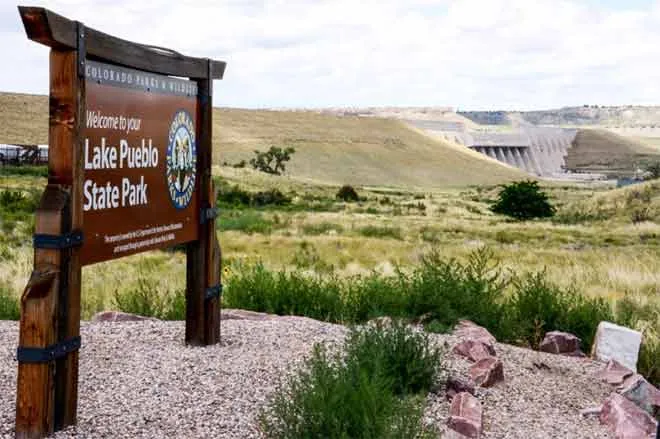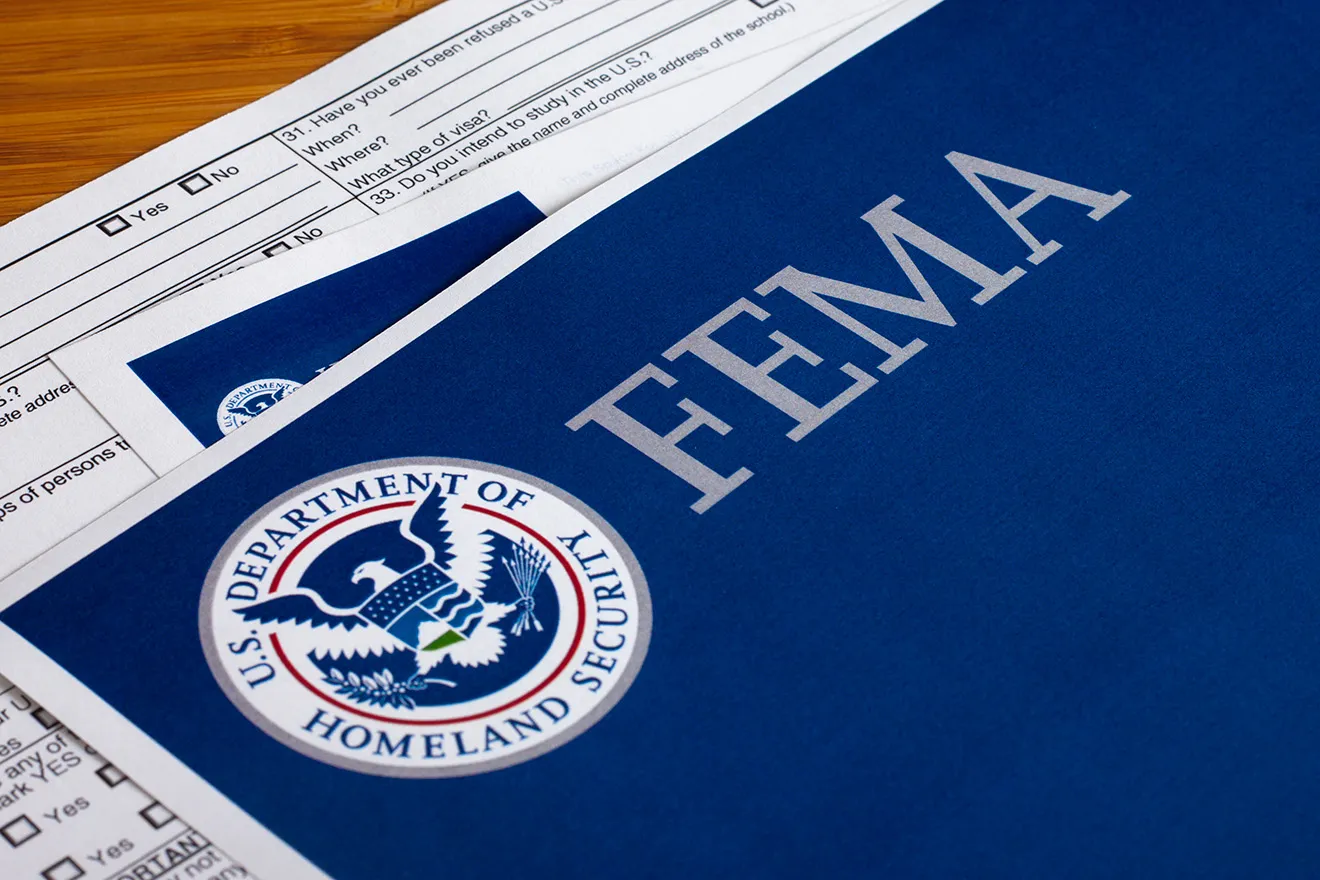
Property tax relief plan sent to Colorado voters with Governor Polis’ signature
© iStock - Ligorko
(Colorado Newsline) Colorado voters in November will decide on a property tax relief plan after Governor Jared Polis on Wednesday signed legislation that refers the measure to the ballot.
“It will use part of our record surplus that we have with the strong economy we have in Colorado to not only reduce property taxes, but to keep property taxes low over time,” Polis, a Democrat, said before he signed the bill at the home of a Commerce City resident who would benefit from voter passage of Proposition HH.
Senate Bill 23-303, which refers the proposition to the ballot, is a 10-year plan to lower tax rates for residential, commercial and other properties. If approved, it would take $50,000 off the taxable value of residential properties and lower the tax rate to 6.7%. It would also lower the rates for commercial and agricultural property.
The governor’s office estimates that the average homeowner would see a savings of $1,078 over two years and $3,417 over five years.
“Everyone can look at their own financial situation — their rent, their mortgage — and figure out how much this initiative will save them. Some will say it doesn’t save me as much as I’d like, but it’s better than saving nothing. But I’m confident that this will save money for every Colorado taxpayer in some way, shape or form,” Polis said in response to a question about whether the proposition unfairly benefits homeowners over renters.
To pay for the reductions, the state would increase the amount of tax revenue it is allowed to keep under the Taxpayer’s Bill of Rights to backfill revenue so local governments can keep up services. It would increase a cap determined by a TABOR formula, based on inflation and population growth, by 1%.
That also means taxpayers would see a slight reduction in their TABOR refunds over time. People earning between $100,000 and $150,000 would get $75 less in their 2023 TABOR refund, according to an analysis from the governor’s office.
“We would be ensuring that the public services we all rely on are protected and that they don’t get the short end of the stick, because they rely on property taxes for almost the entirety of their budget,” Democratic Senate President Steve Fenberg, one of the bill’s sponsors, said.
Proposition HH would also expand the Senior Homestead Property Tax Exemption, which offers a discount for people 65 years and older who have lived in their home for at least 10 years. The maximum valuation discount for seniors would go up to $140,000 and could be transferred to new homes.
Legal challenge
Joe Medina, in front of whose house Polis signed the bill, said that exemption would save him money and let him move to a smaller, more manageable home. He said he has lived in his current home for 43 years, but he no longer needs as much space.
“(The exemption) currently saves me about $600 to $700 each year, and the fear of losing those savings has prevented me from downsizing,” he said.
If Proposition HH passes, taxpayers will also receive a flat-rate TABOR refund check next year through House Bill 23-1311, which Polis has not yet signed.
The proposition is already facing a legal challenge from a conservative group that claims the ballot title violates a state single-subject rule and is misleading.
Polis vetoes bills on gambling credit, cash tips
Polis also vetoed three bills on Tuesday night.
Senate Bill 23-259 would have let casinos loan at least $1,000 to gamblers. Polis wrote in his veto letter that the proposal could have let casinos take advantage of people with gambling addictions.
“Thus, just as there would be issues with gaining the consent of a person with a substance use disorder who is under the influence, there are also serious issues regarding the ability of a person with a gambling disorder to freely consent to a loan while on a gambling spree,” he wrote.
House Bill 23-1146 would have prohibited employers from retaliating against an employee who accepts a cash tip. He wrote in his veto letter that it is not an area the state should regulate.
Senate Bill 23-273 would have allowed agricultural land to be included in an urban renewal area if the land is in an existing urban renewal plan. It was aimed at a specific development plan in Larimer County.
“My understanding is that this bill was intended to target a single urban renewal plan, which was later approved. While this bill may not actually affect that plan anymore, we must also carefully consider the ramifications that retroactively altering existing statute could have on planned development proposals and future urban renewal plans,” he wrote.
Colorado Newsline is part of States Newsroom, a network of news bureaus supported by grants and a coalition of donors as a 501c(3) public charity. Colorado Newsline maintains editorial independence. Contact Editor Quentin Young for questions: info@coloradonewsline.com. Follow Colorado Newsline on Facebook and Twitter.
















